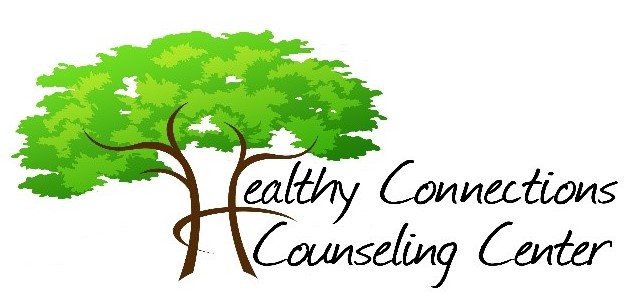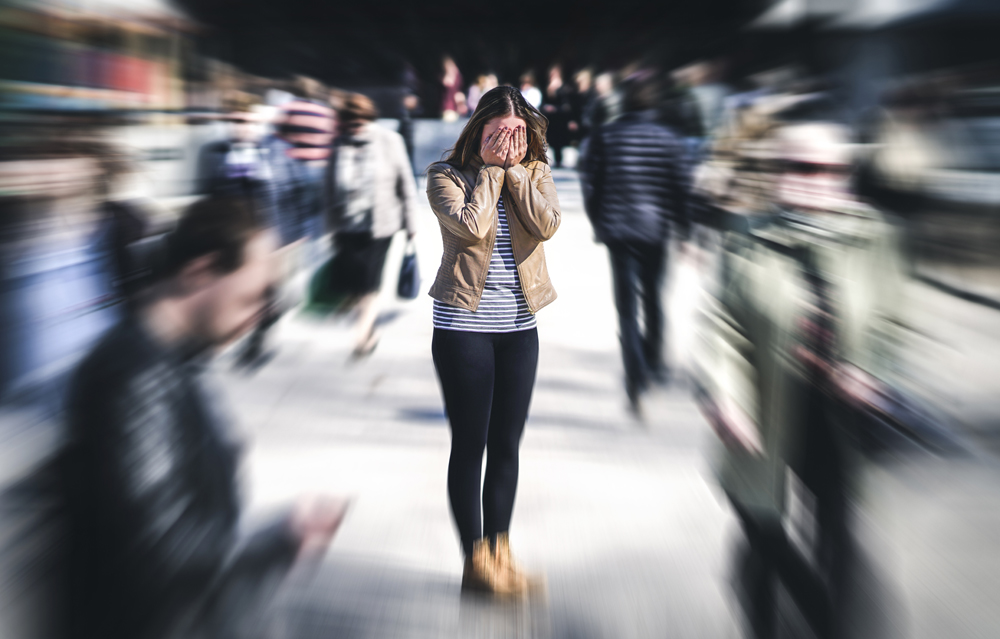Depression
Most people feel sad or irritable from time to time. They may say they’re in a bad mood. Depression is different. It affects a person’s everyday emotional state. Nearly one in ten adults has a diagnosable mood disorder also known as depression.
If you have a mood disorder, your general emotional state or mood is distorted or inconsistent with your circumstances and interferes with your ability to function. You may be extremely sad, empty or irritable (depressed), or you may have periods of depression alternating with being excessively happy (mania). Mood disorders can lead to difficulty in keeping up with the daily tasks and demands of life. Some people, especially children, may have physical symptoms of depression, like unexplained headaches or stomachaches. Because there are various types of mood disorders, they can have very different effects on quality of life. In general, symptoms may include:
- Loss of interest in activities one once enjoyed
- Eating more or less than usual
- Difficulty sleeping or sleeping more than usual
- Fatigue
- Crying
- Anxiety
- Feeling “flat,” having no energy to care
- Feeling isolated, sad, hopeless, and worthless
- Difficulty concentrating
- Problems making decisions
- Feelings of guilt
- Irritability
- Thoughts of dying and/or suicide
With mood disorders, these symptoms are ongoing and eventually start to affect daily life in a negative way. They’re not the sporadic thoughts and feelings that everyone has on occasion.
No one knows the exact causes of mood disorders, but a variety of factors seem to be contributors. Gut health, we know that there is a food mood connection. There are more receptor sites for neurotransmitters that affect mood (serotonin, norepinephrine, and dopamine) in your stomach than there are in your brain. There can be chemical imbalances in the brain as well. Many things can contribute to our mood, such as lack of exercise, feeling disconnected with nature, your higher power, your best self, and those around you. Stressful life events like death, divorce, or trauma can also trigger depression, especially if someone has already experienced it before.
Anxiety
Anxiety is a mental health condition that is typically associated with worry, fear, difficulty concentrating, and some physical symptoms like nausea, shaking, and muscle tenseness. There are multiple types of anxiety disorders, and your symptoms will differ based on what type of anxiety you have. These include generalized anxiety, social anxiety, phobias, tics, obsessive compulsive disorder, and more. These conditions should not be confused with day-to-day worrying.
It’s normal to be anxious about important events, like a job interview, a performance, a first date, a big exam, childbirth, or any number of life moments. Sometimes, however, this normal, healthy worrying gets out of control and becomes an anxiety disorder.
Everyone experiences anxiety differently, but there is usually a combination of physical, psychological, and social symptoms. The exact symptom profile will differ based on individual circumstances, specific type of anxiety disorder, and personal triggers. Some overarching symptoms of anxiety disorders include:
- Excessive fear and anxiety
- Dry mouth
- Muscle tension
- Nausea
- Irregular heartbeat
- Difficulty sleeping
- Cautious, avoidant behavior
- Panic attacks
It might feel like your anxiety symptoms control your life, whether that means fear of a panic attack, avoiding people due to social anxiety, or just a constant feeling of worry and agitation. Understanding the symptoms of your specific type of anxiety can help determine the most appropriate treatment and improve your quality of life.
Anxiety and Depression are treatable. Healthy Connections Counseling Center clinicians use a variety of evidence-based treatments such as CBT, DBT, Mindfulness, Yoga, and Relationship therapies to improve clients coping skills, increase your insight into specific triggers, and create lasting lifestyle changes that ultimately lead to fulfilling life.

